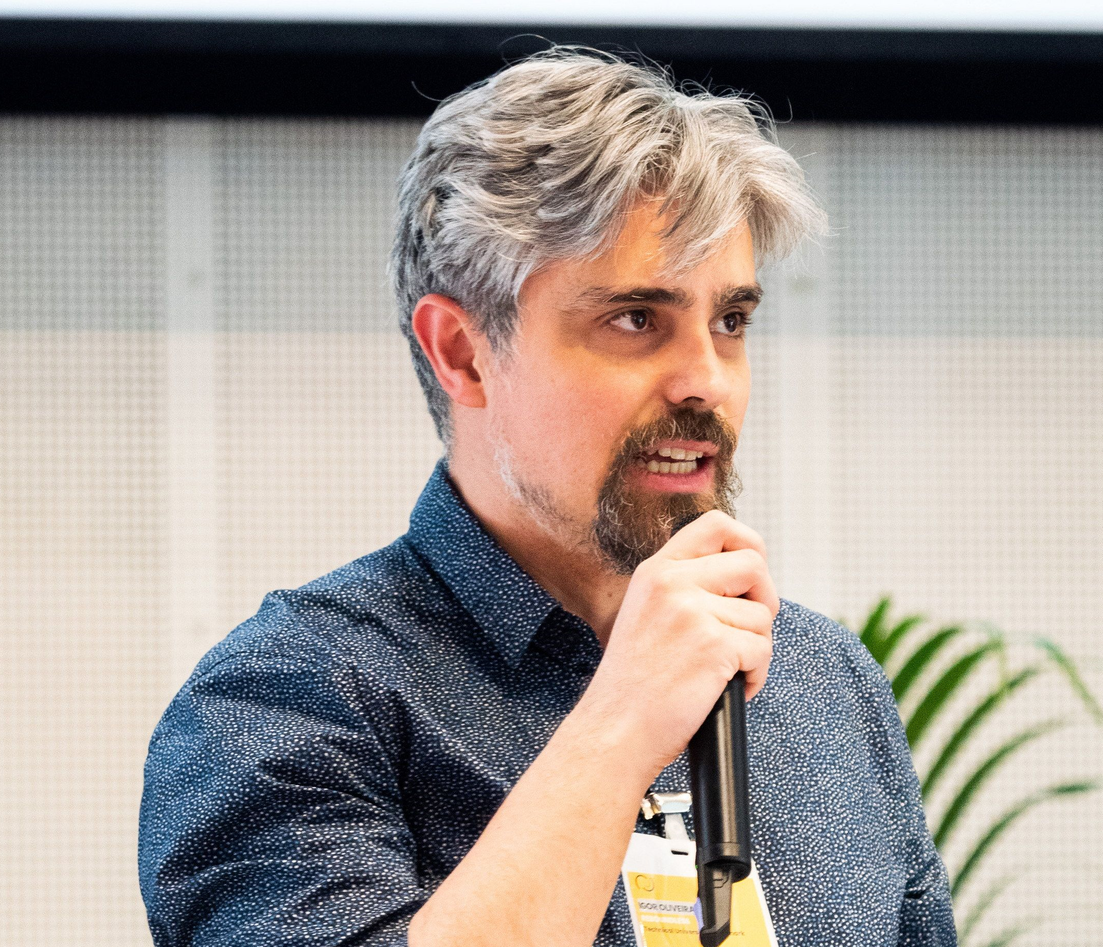PhD researcher at Technical University of Denmark (DTU)
Igor Oliveira finished his master's degree in System Dynamics in 2019.
Main content
Why did you choose to study System Dynamics?
I've always been curious about counterintuitive effects of policies and strategies that, despite the good intentions, create more problems. I've heard of systems thinking for the first time back in Brazil from my public administration professor Paulo Delayti Motta, who recommended The Fifth Discipline, back in 2008. For a few years, I've tried to learn it from Peter Senge's and Dana Meadows's works and applied it to some consulting projects.
But I really missed the quantitative aspect and a community around it. One day I contacted the economist Steve Keen on Twitter, saying I wanted to dedicate time to learn the method he was using. That's when he mentioned David Wheat and I found the European master's programme, which I ended up joining in 2017.
Best memories from the System Dynamics studies in Bergen?
Oh, there are so many! Alongside Boston, Bergen is the capital of System Dynamics! It's a vivid community full of people who want to hack social systems. We used to study in a bunker from the war times, it was a lot of fun.
What did you study in your master's project?
The social implications of biodiesel policies, based on the Brazilian case.
What is your current occupation?
I'm doing a PhD at Technical University of Denmark, researching rebound effects of sustainability-oriented innovations. In this PhD I interact a lot with the designers who craft these innovations, which is exciting because it's a new audience for me, after working with policymakers and other methodologists.
How are the System Dynamics studies of relevance for your work?
System Dynamics is at the core of my work. I use it as an integrative language, which means I mix it with other methods: geographical information systems, social network analysis, content analysis, econometrics, input-ouput models...
What is your advice to new System Dynamics students?
First of all, try to find a topic or domain that you can impact in the long run, and have an engagement strategy to position yourself as a methodologist in that domain.
Second, keep your mind open to new tools and methods that are changing the field. Disaggregated (including agent-based) modelling, artificial intelligence, public libraries (such as PySD), open standards (such as XMILE), open-source software (such as StochSD)...
